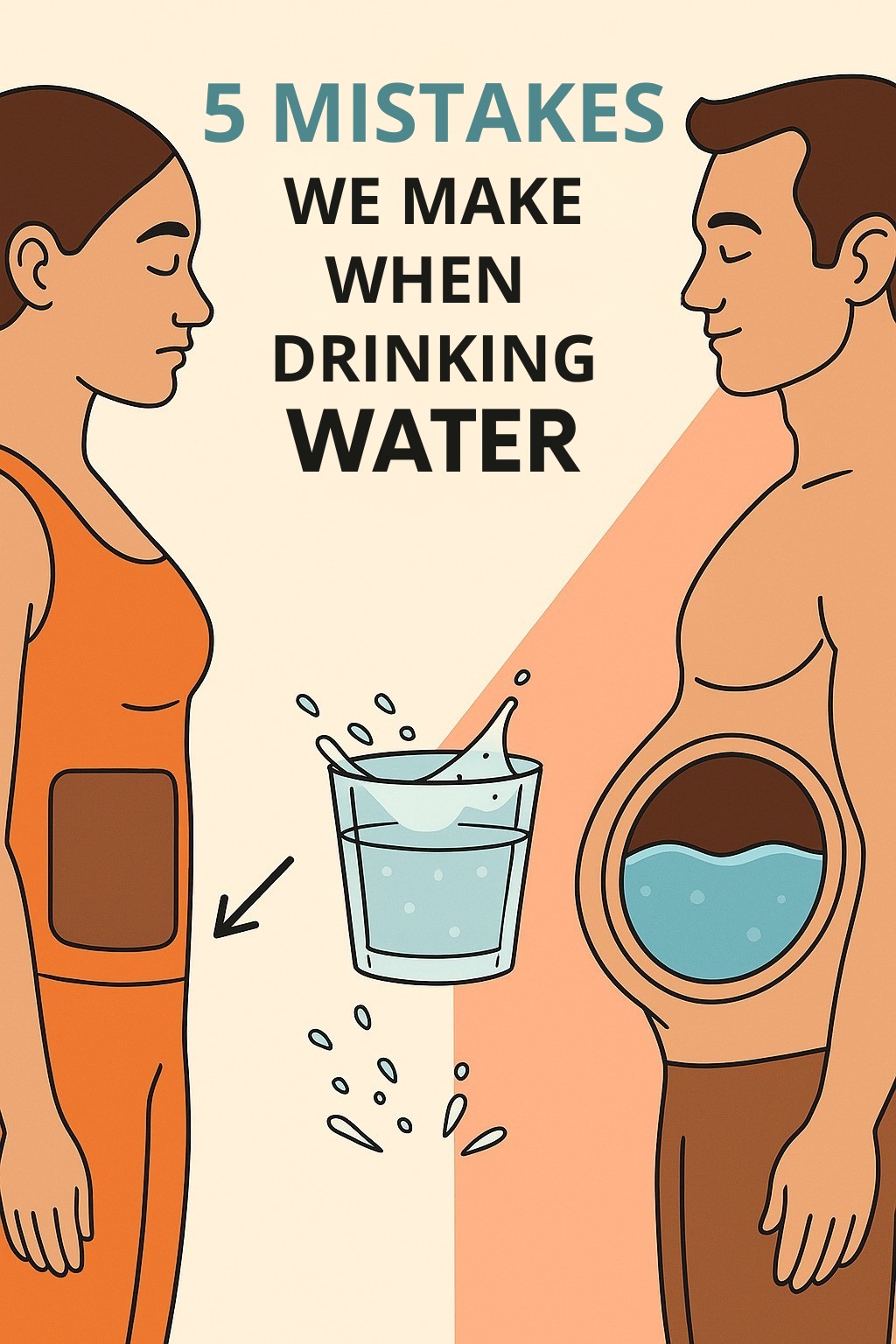3. Skipping Water in the Morning
After a full night’s rest, your body wakes up slightly dehydrated. Breathing and perspiration during sleep cause fluid loss—even if you don’t feel thirsty. Starting your day with one or two glasses of water helps jumpstart digestion, awaken your organs, and support healthy bowel movements.
4. Waiting for Thirst Signals
Thirst is actually a late-stage sign of dehydration. If you only drink water when you feel thirsty, your body has already started running low. This is especially important for older adults and children, who may not recognize thirst signals quickly. The solution? Make hydration a consistent habit, not just a reaction.
5. Replacing Water with Other Beverages
Juice, soda, coffee, energy drinks—they all contain liquid, but they’re not a substitute for clean water. Many of these drinks include sugar, caffeine, or other additives that can actually worsen dehydration. For true hydration, stick with pure water as your primary source.
Why Good Hydration Habits Matter
Drinking water the right way doesn’t just improve how you feel—it can also prevent common health issues like fatigue, headaches, constipation, and even poor concentration. Long term, this can mean fewer doctor visits, lower medication costs, and better productivity at work or school.
In short, it’s a zero-cost way to invest in your health—and your wallet.
Daily Hydration Tips
Carry a reusable water bottle and keep it nearby.
Set phone reminders to drink water every couple of hours.
Add natural flavor with lemon, mint, or cucumber slices if plain water doesn’t appeal to you.
Drink more water on hot days or when exercising.
Encourage kids and older adults to sip regularly, even if they’re not thirsty.
How Much Water Do You Need?
While “8 glasses a day” is a common rule of thumb, a better approach is to tailor your intake based on body weight and activity level. A simple formula is:
30 ml per kilogram of body weight
For example:
70 kg (154 lbs) × 30 = 2,100 ml = about 2.1 liters per day
Signs of Dehydration to Watch Out For:
Persistent fatigue
Headaches
Constipation
Dry mouth or bad breath
Poor focus or brain fog
Dark urine
Dry skin or early wrinkles
